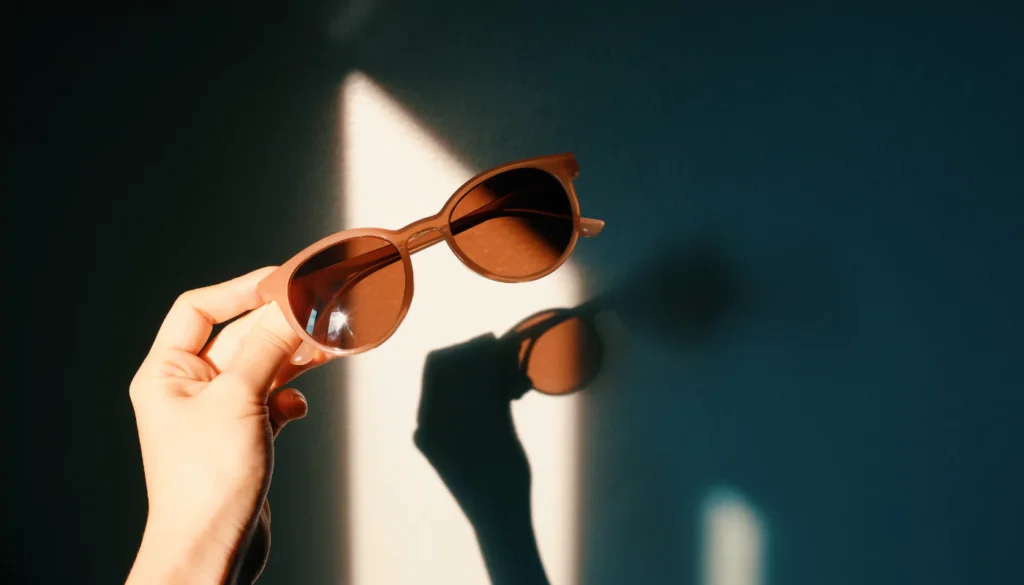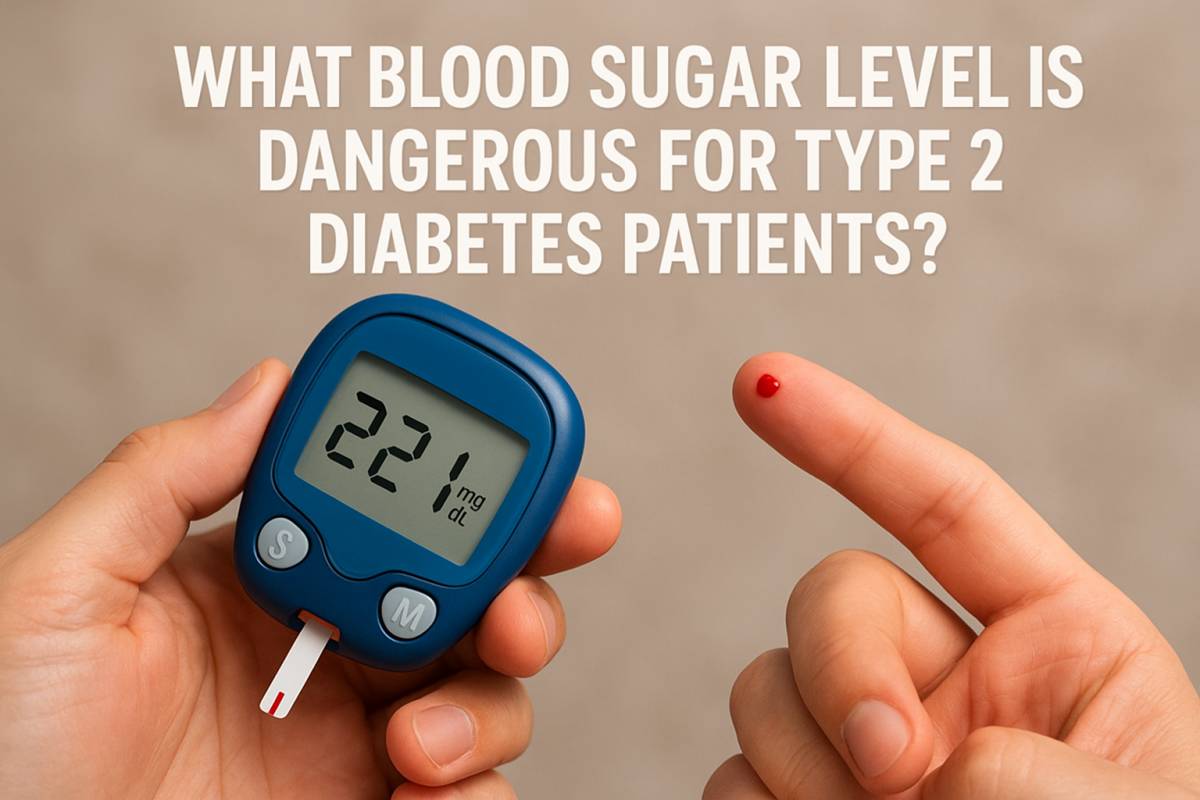UV Protection vs Polarised: Best Sunglasses for Eye Health

When it comes to protecting your eyes, UV protection is absolutely essential, while polarised lenses are an optional but highly beneficial feature. If you must choose between the two, always prioritise UV protection to safeguard your eyes from harmful ultraviolet rays. However, the ideal sunglasses for the best eye health combine both UV protection and polarisation to offer complete defense and comfort.
Understanding UV Protection in Sunglasses

What is UV Radiation?
Ultraviolet (UV) radiation is a type of invisible energy emitted by the sun. There are three types: UVA, UVB, and UVC. While the Earth’s atmosphere blocks UVC rays, UVA and UVB rays reach the surface and can cause serious damage to the skin and eyes.
How UV Rays Affect Eye Health
Long-term exposure to UV rays without protection can lead to several eye problems, including:
- Cataracts: Clouding of the eye lens, leading to blurry vision.
- Macular Degeneration: Damage to the retina, causing loss of central vision.
- Photokeratitis: Sunburn of the cornea, resulting in pain, redness, and temporary vision loss.
- Pterygium: A growth on the white of the eye that can impair vision.
Sunglasses with 100% UV protection (also sometimes labeled “UV400”) block both UVA and UVB rays and are crucial in preventing these conditions.
How to Identify UV-Protective Sunglasses
- Label Check: Look for tags that say “100% UV protection” or “Blocks UV400.”
- Lens Color Doesn’t Equal Protection: Darker lenses don’t automatically mean better UV protection. The UV blocking capability is a separate treatment.
- Cost Is Not a Factor: Expensive doesn’t always mean better UV protection. Many affordable brands offer full UV shielding.
What Are Polarised Sunglasses?

Understanding Polarisation
Polarised sunglasses have a special chemical coating that reduces glare from reflective surfaces such as water, snow, or glass. They improve visual clarity, color contrast, and reduce eye strain.
Glare can cause discomfort and even temporary blindness, especially while driving, boating, or skiing. Polarised lenses are designed to eliminate this glare by filtering out horizontal light waves.
Benefits of Polarised Lenses
- Enhanced Comfort: Reduced eye strain and squinting.
- Better Visual Clarity: Clearer and sharper vision, even in bright conditions.
- Improved Contrast: Colors appear more vibrant and details sharper.
- Safety Boost: Essential for activities like driving, fishing, and sports where glare can be dangerous.
Do Polarised Sunglasses Provide UV Protection?
Not necessarily. Polarisation and UV protection are two different features. A pair of sunglasses can be polarised but may not offer full UV protection unless specified. When shopping, ensure your sunglasses mention both features separately.
UV Protection vs Polarised: Which Should You Prioritise?
If you have to choose between UV protection and polarisation:
- UV Protection should always come first. It’s about preventing long-term damage to your eyes.
- Polarisation enhances comfort and vision clarity but doesn’t protect against UV rays on its own.
For comprehensive eye health, opt for sunglasses that offer both 100% UV protection and polarised lenses.
How to Choose the Best Sunglasses for Eye Health
Here’s a simple checklist when picking out the best sunglasses:
- 100% UV Protection: Non-negotiable for safeguarding eye health.
- Polarised Lenses: For superior visual comfort and glare reduction.
- Wraparound Frames: To block UV rays from entering from the sides.
- Lens Quality: Check for distortion-free lenses. High-quality lenses help reduce eye fatigue.
- Lens Color: Gray, brown, and green lenses preserve true color balance while improving contrast.
- Material: Impact-resistant lenses like polycarbonate are durable and safe.
- Fit and Comfort: Choose a frame that fits snugly without pinching.
Extra Tips for Maximum Eye Protection
- Wear Sunglasses Year-Round: UV rays are present even on cloudy days.
- Pair with a Wide-Brimmed Hat: Adds an extra layer of protection.
- Don’t Be Fooled Indoors: If you’re exposed to UV radiation through large windows (like in cars or offices), UV-protective lenses still help.
Final Thoughts
Protecting your eyes is just as important as protecting your skin. Never compromise on UV protection, and whenever possible, opt for sunglasses that combine UV blocking and polarised lenses for the ultimate in vision safety and comfort. Investing in quality sunglasses today can help prevent serious eye conditions tomorrow, ensuring healthy vision for years to come.








